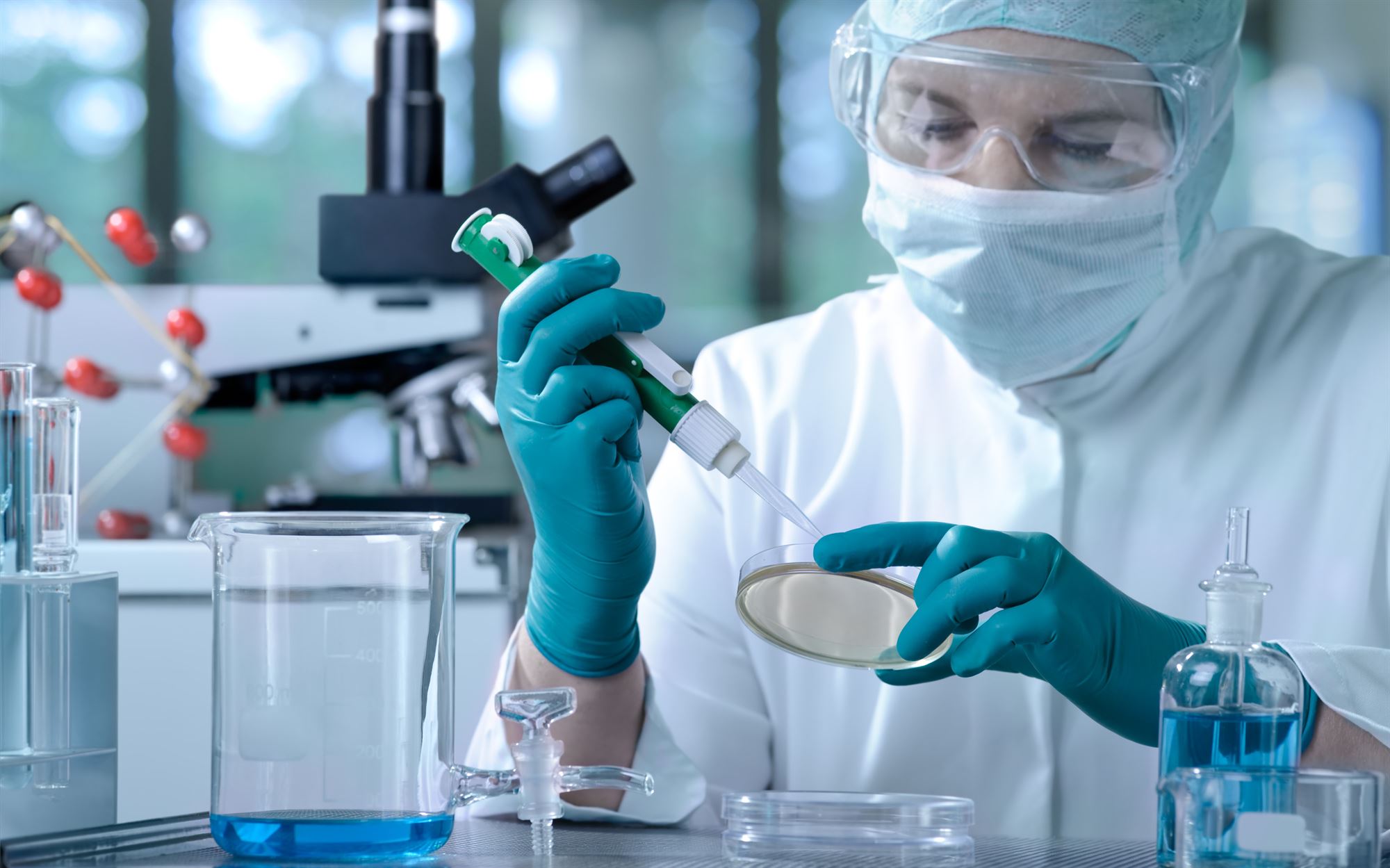New Jersey holds the unique distinction of being the home to some of the largest artificial flavoring companies out there. Dozens of corporations manufacture their chemical flavor additives in the corridor of the New Jersey Turnpike between Teaneck and South Brunswick.
An outstanding two-thirds of the flavor additives sold in the United States comes from this area in New Jersey.
The Food and Drug Administration defines artificial flavors as substances that are not derived from animals or plants. These flavors are proprietary chemical formulas owned by the flavor companies that create them. When you see the term “artificial flavors” on a label, it could mean that one unnatural chemical additive is included or a blend of literally hundreds of them.
The FDA does not require companies to disclose the ingredients of their artificial flavors, as long as they are considered to be Generally Regarded As Safe (GRAS). The GRAS designation is a FDA term meaning there is “reasonable certainty in the minds of competent scientists that the substance is not harmful under the intended conditions of use.”
The GRAS process was created to give companies a quicker, more efficient method of adding substances to their products. Alarmingly, the same companies that make the additives can award themselves the GRAS distinction. The FDA’s deputy commissioner for food, Michael Taylor, has concerning been quoted as saying, “We simply do not have the information to vouch for the safety of many of these chemicals.”
Studies suggest that some of the possible side effects of artificial flavorings range from nervous system depression, dizziness, chest pain, headaches, fatigue, allergies, brain damage, seizures, and nausea. Furthermore, there are no long term studies being done on the reactions and complications of the cumulative effects of these chemical flavorings alone or when they are combined and used together in food, as is so often the case.
Givaudan with a manufacturing plant in East Hanover, is the leader in the flavor industry, with 25% of the global market share. They create aromas and flavors for products ranging from perfumes and laundry care to drinks and food. They take pride in reminding us that they likely influence your every meal, from your cup of coffee in the morning to the last sip of cocoa at night.
The synthetic chemicals that make up artificial flavors generally cost less to produce than finding natural sources of flavors. The food industry has bombarded our taste buds with flavor that does not exist in nature, and as a result, those who regularly eat processed foods may lose their taste for real food. Avoid artificial flavors when possible until the over three thousand flavor chemicals that are being added to foods get the needed oversight and review and are proven safe.
To read about more nutrition topics in New Jersey, follow If You Seek Nutrition on Facebook.








